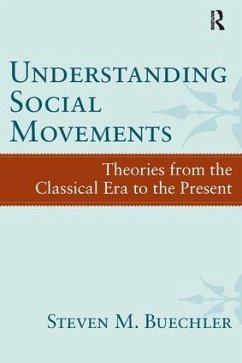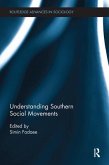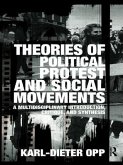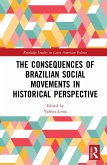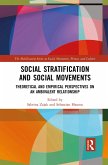In thirteen succinct chapters, Buechler traces movement theories from the classical era of sociology to the most recent examples of transnational activism. He identifies the socio-historical context, central concepts, and guiding logic of diverse movement theories, with emphasis on: Comparisons of Marx and Lenin; Weber and Michels; and Durkheim and LeBon The Chicago School of the inter-war period The political-sociological approaches of the 1950s The varieties of strain and breakdown theories at the dawn of the 1960s Major paradigm shifts caused by the cascade of 1960s social movements Vivid examples of movements worldwide and coverage of all major theorists Critiques, debates, and proposed syntheses dominating the turn of the 21st century Recent trends (such as cyberactivism and transnational movements) and their theoretical implications"
"Buechler's volume stands out for its comprehensive, balanced, and unbiased presentations. Excellent for students, the book, with its historical and macro perspective, is also a valuable tool for researched looking for the big picture...Highly recommended."
--CHOICE March 2012
"I was well-rewarded as a reader of this book by the thoroughness of the coverage and the good historical perspective that put developments in context. This book should work well in upper division undergraduate classes, and will be a good starting point for those building prelim reading lists."
--Rhys H. Williams, Loyola University Chicago, in Mobilization: An International Quarterly
--CHOICE March 2012
"I was well-rewarded as a reader of this book by the thoroughness of the coverage and the good historical perspective that put developments in context. This book should work well in upper division undergraduate classes, and will be a good starting point for those building prelim reading lists."
--Rhys H. Williams, Loyola University Chicago, in Mobilization: An International Quarterly

